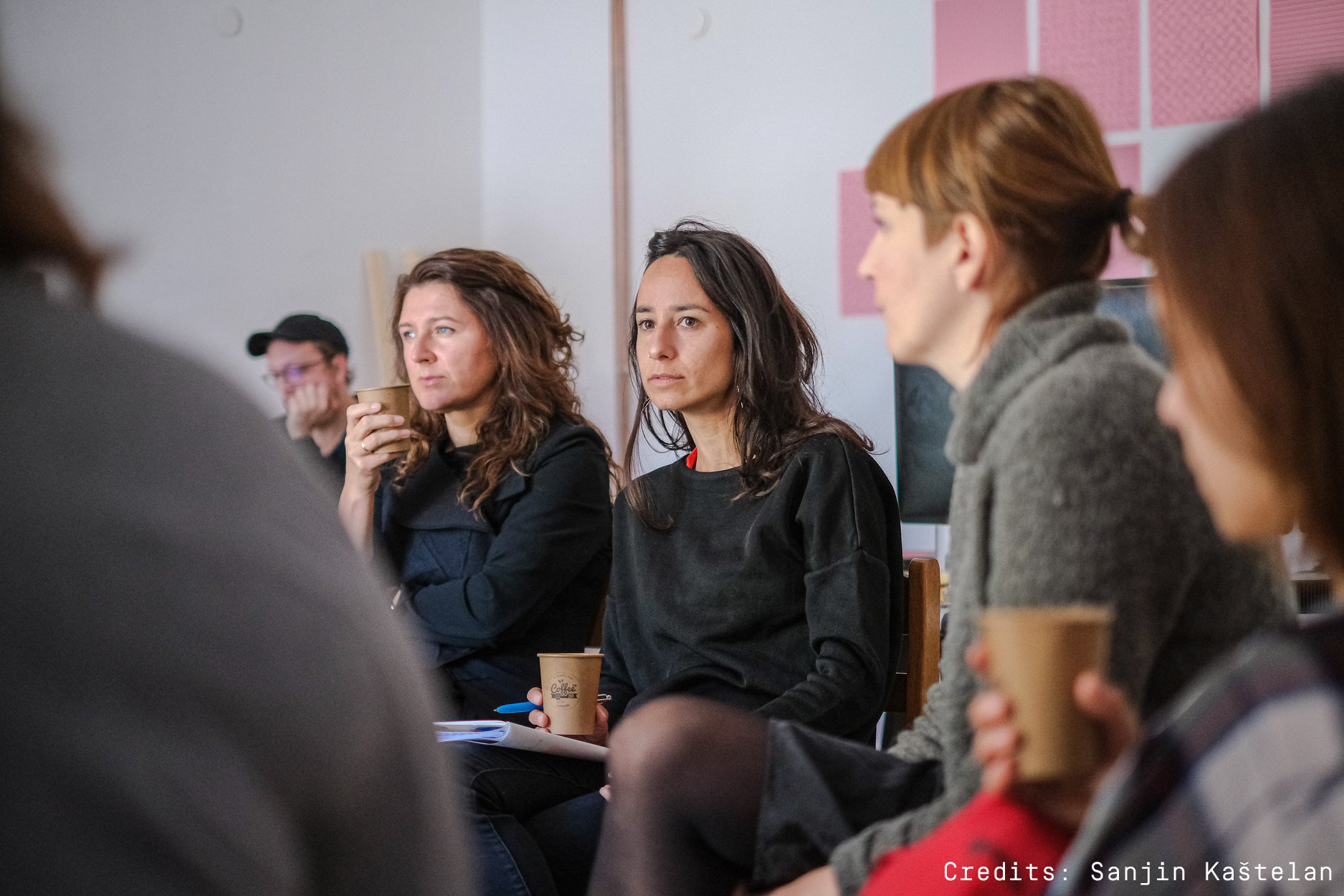
As part of the Extravagant Bodies Festival: Extravagant Love, Kontejner’s team has organized for their last Lab a 10-day educational program. The workshop covered different topics: planning and production of large and complex cultural events – from project management, technical production and curatorial work, to budget management and marketing. Kontejner’s team invited the marketing and communications consultant Jadrana Ćurković to lead and mentor the program. In order to better understand the outcomes of the Lab, we asked the participants Alice Santiago (FR) and Ilze Putniņa (LT) to share their experiences in Zagreb.
1. Could you introduce yourself, your background? How you have been part of the Kontejner’s Lab 2019?1. Could you introduce yourself, your background? How you have been part of the Kontejner’s Lab 2019?
Alice: My name is Alice Santiago, I’m 31 years old and I live in Marseille, South of France. I studied history of art in both Montpellier and Barcelona, and graduated a master in management of contemporary art. After that I lived in Barcelona and London, and came back to France in 2014 to work in a contemporary art centre in Alsace as an Exhibition assistant. After a year, I came back in South, in Marseille, where I started a job in a contemporary art association where I did an educational service. Then, I worked as a Production Assistant at Mucem, the national Museum of European and Mediterranean civilisation. It lasted also a year, and then I worked a year as a Production manager in a theatre in Toulon. I knew about Kontejner because I worked for a short time with Seconde Nature. I worked with them as a production manager before the opening of their last Chroniques biennale in 2018. Fabien Fabre who is in charge of the development and international partnership told me about Kontejner’s lab, and I applied.
Ilze: My name is Ilze Putnina. Currently, I work as a Culture project manager at Liepaja municipality institution “Culture department”. My main responsibility is different Culture events production. I am dealing with different issues – starting from idea and development of creative framework of a culture event till dealing with all kinds of related practicalities – as street closures, public safety, technical issues, catering etc.
I had always dreamed of creative professions, but found myself studying law. My mum is an artist, so passion for art, culture and creativity is inevitable. My position at the Ministry of Justice was rather interesting, I was coordinating international cooperation in the Ministry, organised high level meetings, conferences, cultural programs of course – got skills, which are important in culture events production as well. After moving from Riga to Liepaja I worked as a lawyer in a large construction company. That was the last law related position.
My colleague Agita Auza is one of the partners in the Future DiverCities project. She informed me that there is such a possibility to apply for the Kontejner’s Lab 2019. After going through the program and getting to know the target group, my decision to apply was made immediately.
2. How would you describe the vision and the process of the Lab developed during the festival Extravagant Bodies?
Alice: I would say the process was soft and well adapted to the different people we were. The first days were dedicated to the discovery of the project, meeting the curators, the architect, observing the artists and technicians working. It was a good introduction to the festival. Then we started to be more active, for the opening for example. And we had some marketing and personal development sessions with Jadrana Curkovic, where we had to work, think and build our own life and professional projects. We also went out of the festival venue to visit some art studio and had talks with artists. I think the vision is consistent. It allowed us to get a large panorama of the process of the festival installation, and to understand the role of Kontejner in Zagreb, in Croatia, and also in digital art world. Personally it also gave me a certain knowledge about the place of the culture in Croatia.
Ilze: The lab was excellently planned. It was fantastic that the Lab took place parallel to setting up the festival and exhibition Extravagant Love. We could learn about history and idea of Festival and at the same time experience the current festival being set up. And also learning about artists participating in the festival, admire their work and then go out of the classroom and meet them, even work with them setting up their exhibits. Also, I cannot stop wondering about curators’ and other members of Kontejner’s team special attitude towards us finding time to be with us during intensive Festival building up period. Amazing team.
3. What did you do during the Lab? What did you learn?
Alice: As I just wrote, we met different people working in the organisation of the biennale, director, curators, architect, designer, technicians, and some artists. We learned about the different aspects of the project, and had some practical works by helping in the installation, which was not the most interesting for me. But we had some marketing class in which we learnt tools to realise our professional project. We met artists, talk about the artistic situation in Croatia. We of course visited the exhibition, assisted to some conferences about bio-art and artists exhibited in the biennale. We had 2 days off during which I could, as a foreign participant, discover the city, spend time with local people, visit museums. It was also very interesting.
Ilze: I loved learning through doing experience in the Lab. Usually in the first half of day we had theoretical lectures, but in afternoon we worked with artists and helped them to set up their installations or had Festival opening related tasks. It was all great.
The content of lectures was really comprehensive, giving us overall view on Extravagant bodies festival, providing curatorial perspective, also providing information on technical issues and challenges creating large scale cultural events. Impressive and inspiring was lecture given by UK artist Anna Dumitriu. And very useful for my future work back in Latvia was meeting with Croatian artists at M28 studio.
One of the Lab’s highlights definitely was work with communication consultant and business mentor Jadrana Curkovic. She is a life changer – very smart person, willing to share her knowledge with others to make world a better place.
4. Why do you think those kind of ‘Lab formats’ (residency, short timing, cooperation between participants which don’t know each other etc.) can bring innovative outcomes?
Alice: I think those labs are a good way to immerse yourself in a culture and an event. As a foreign participant, beyond the professional point of view, the fact that I stayed in Zagreb for 10 days, I shared time with artists or with the team after works, talked about how is working in culture in Croatia, in short, I met the context. Sharing 10 days with 3 other participants who are locals and have different stories and lives, different interests and reason to participate was also very intense. I knew more about Croatians, about how artists and cultural workers live, and in which social and cultural context the festival exists. This is what I found really enriching.
Ilze: I think what make people more open and creative at that kind of ‘Lab formats’ is the new environment outside his or her everyday life pattern – habits, everyday duties and commitments. Person gets relaxed and open to the new. Also I think Lab kind of formats can bring innovative outcomes when different backgrounds and cultures meet, when people talk. Lab helped me to make several important discoveries about my professional and personal life. I am sure other Lab participants experienced it too.
5. Could you share one outstanding memory or moment during the Lab? What was special for you?
Alice: The moment we shared with Jadrana Curkovic was very strong and important for me. Jadrana teached us how to organise our lives and professional projects. As I am in a doubts period in my life, questioning myself about what to do and how to realize my own professional project, I think this moment was perfectly appropriate. And not only for me, the 4 other participants also appreciated it. It allowed us to leave the workshop with a kind of homework or at least with clearer ideas and good advices.
Ilze: I think what make people more open and creative at that kind of ‘Lab formats’ is the new environment outside his or her everyday life pattern – habits, everyday duties and commitments. Person gets relaxed and open to the new. Also I think Lab kind of formats can bring innovative outcomes when different backgrounds and cultures meet, when people talk. Lab helped me to make several important discoveries about my professional and personal life. I am sure other Lab participants experienced it too.
6. If you would have to make one wish for a future city more diverse, which would it be?
Ilze: I would like people to become more open to diversities, much kinder to each other and to conceptions that differ from people traditional notions of what is “normal”. I think that would take us to a nicer society and development of city more diverse and creative. At the same time I think my wish is rather utopian. Easier is to develop a modern hightech city, but would it make us happier? Changing people is the toughest. Culture is probably a panacea.
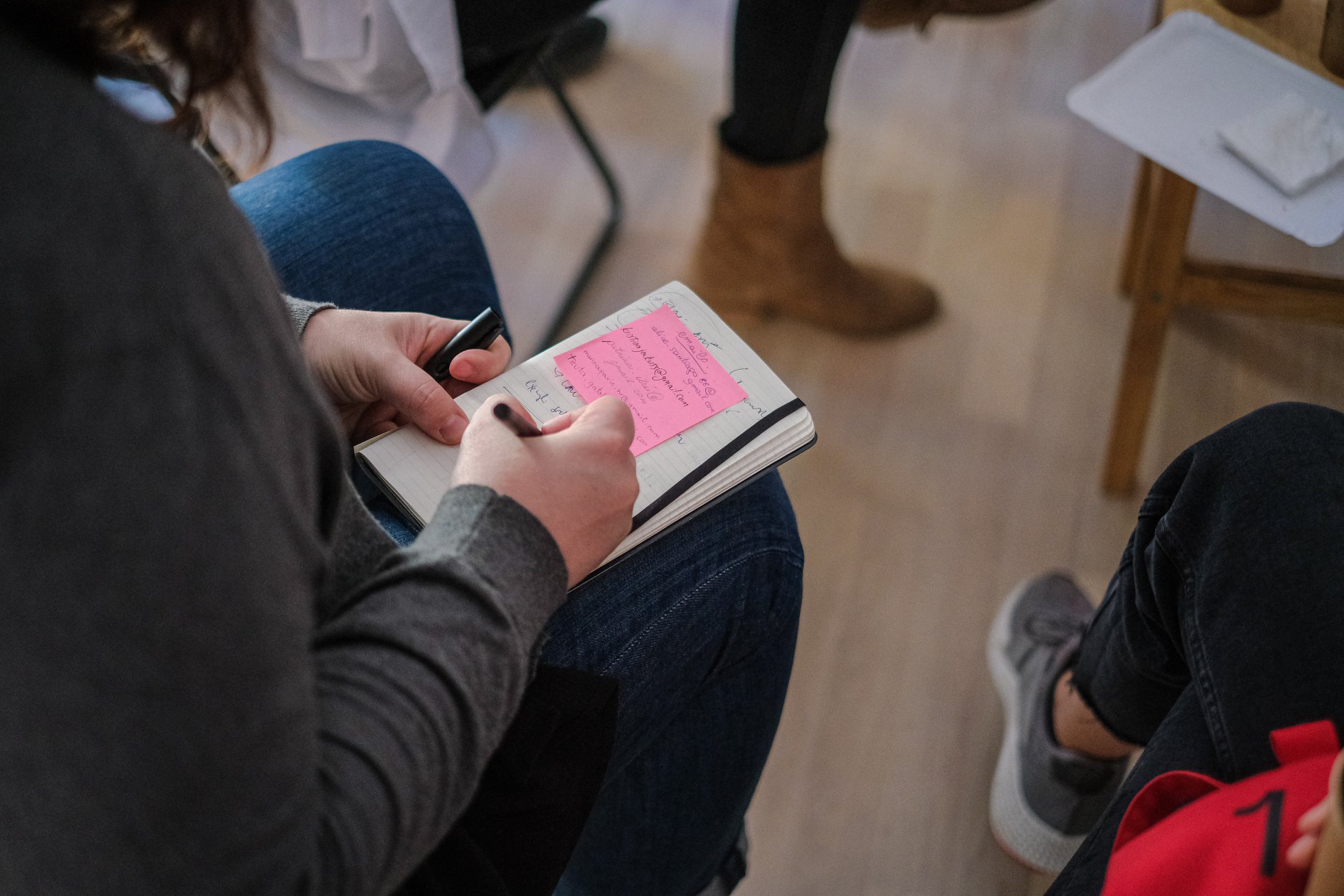
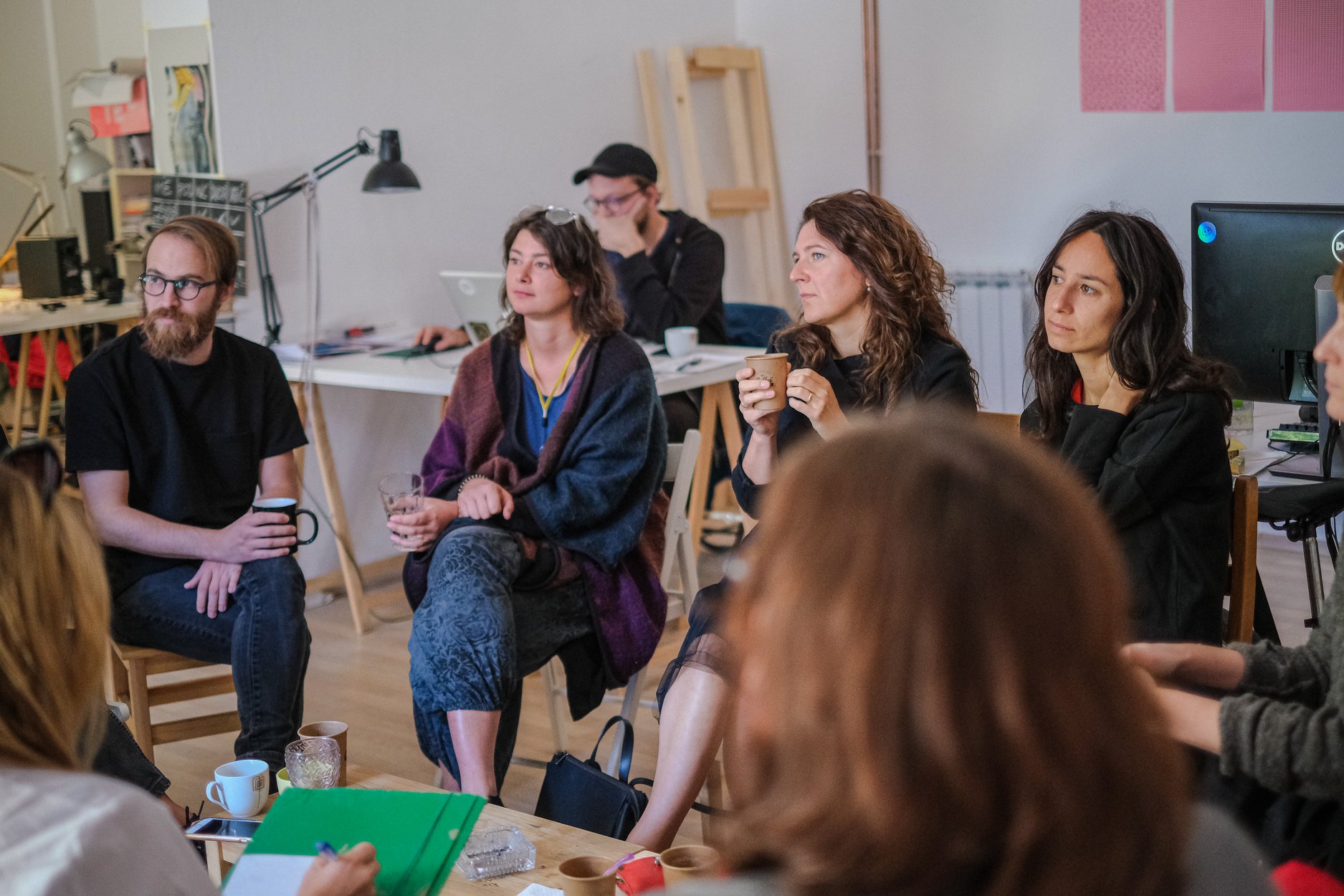
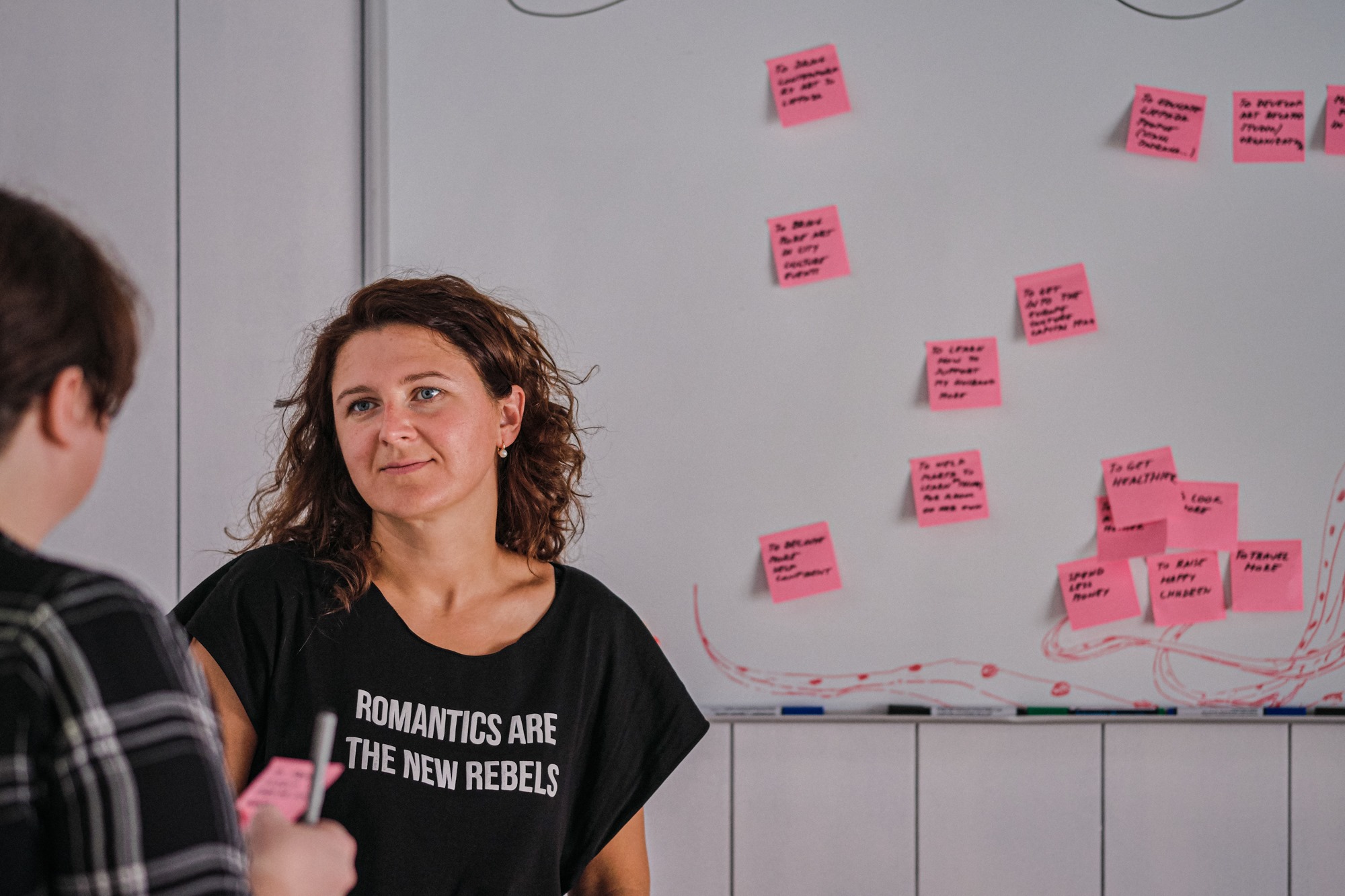
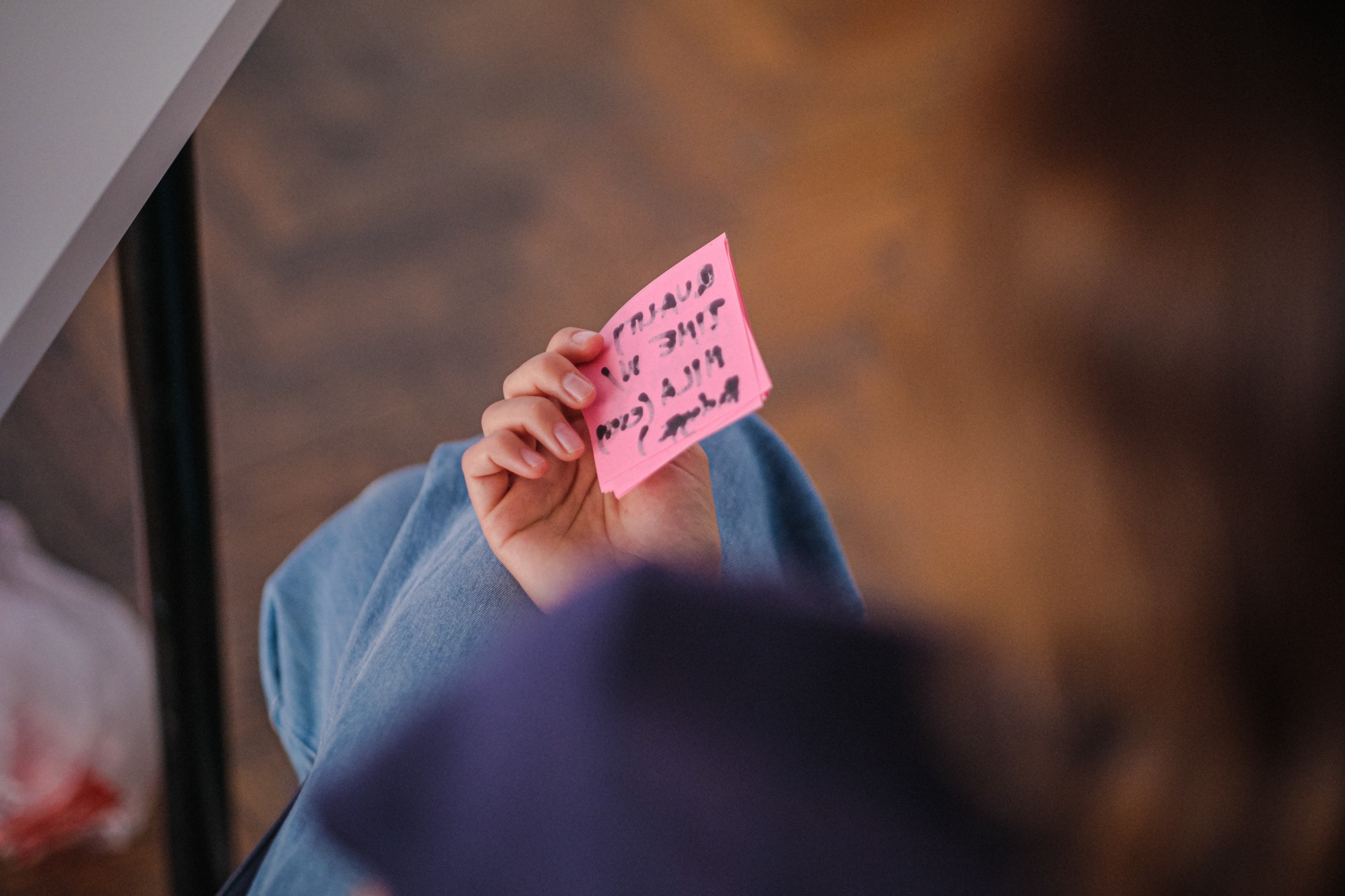
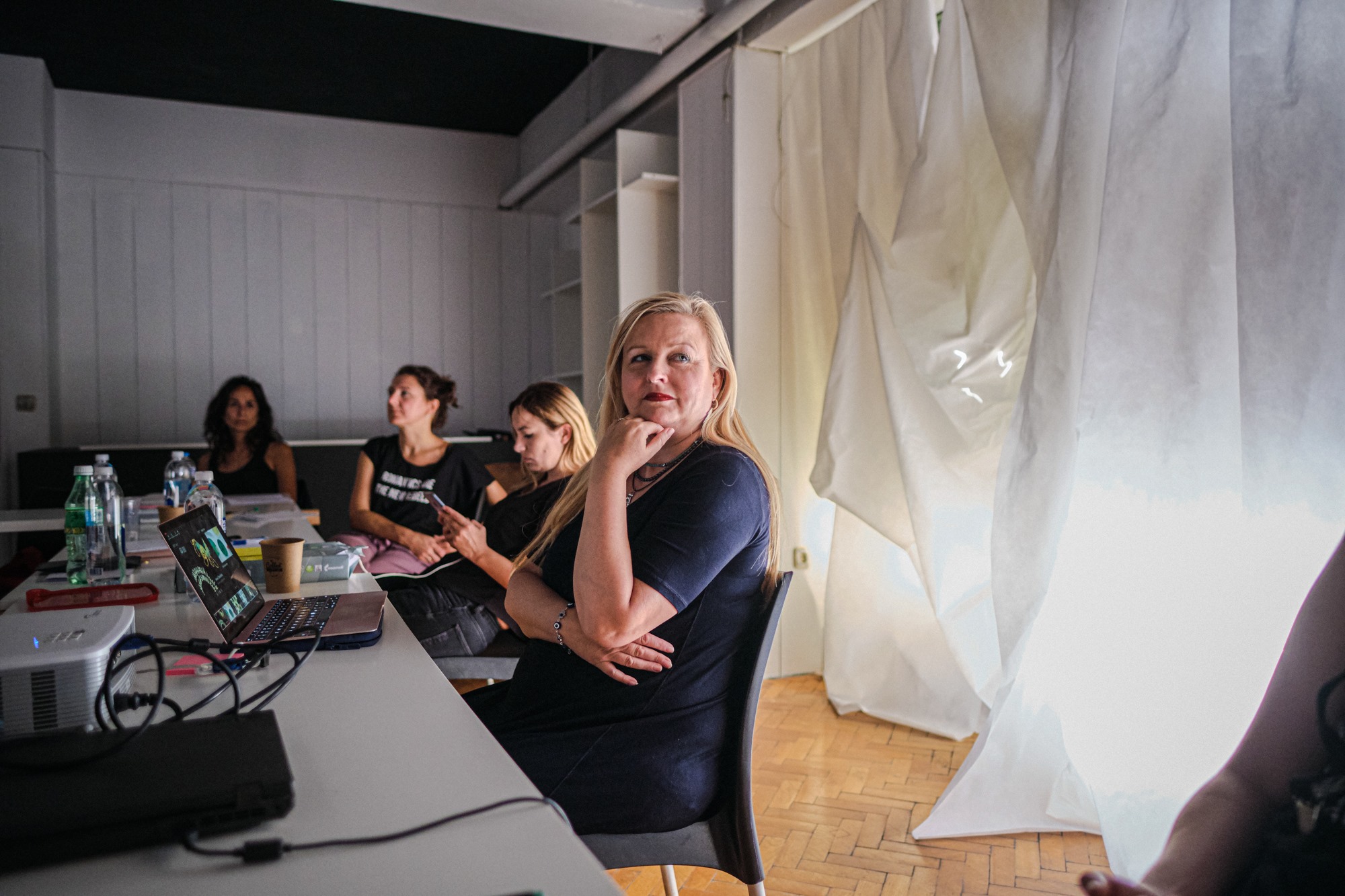
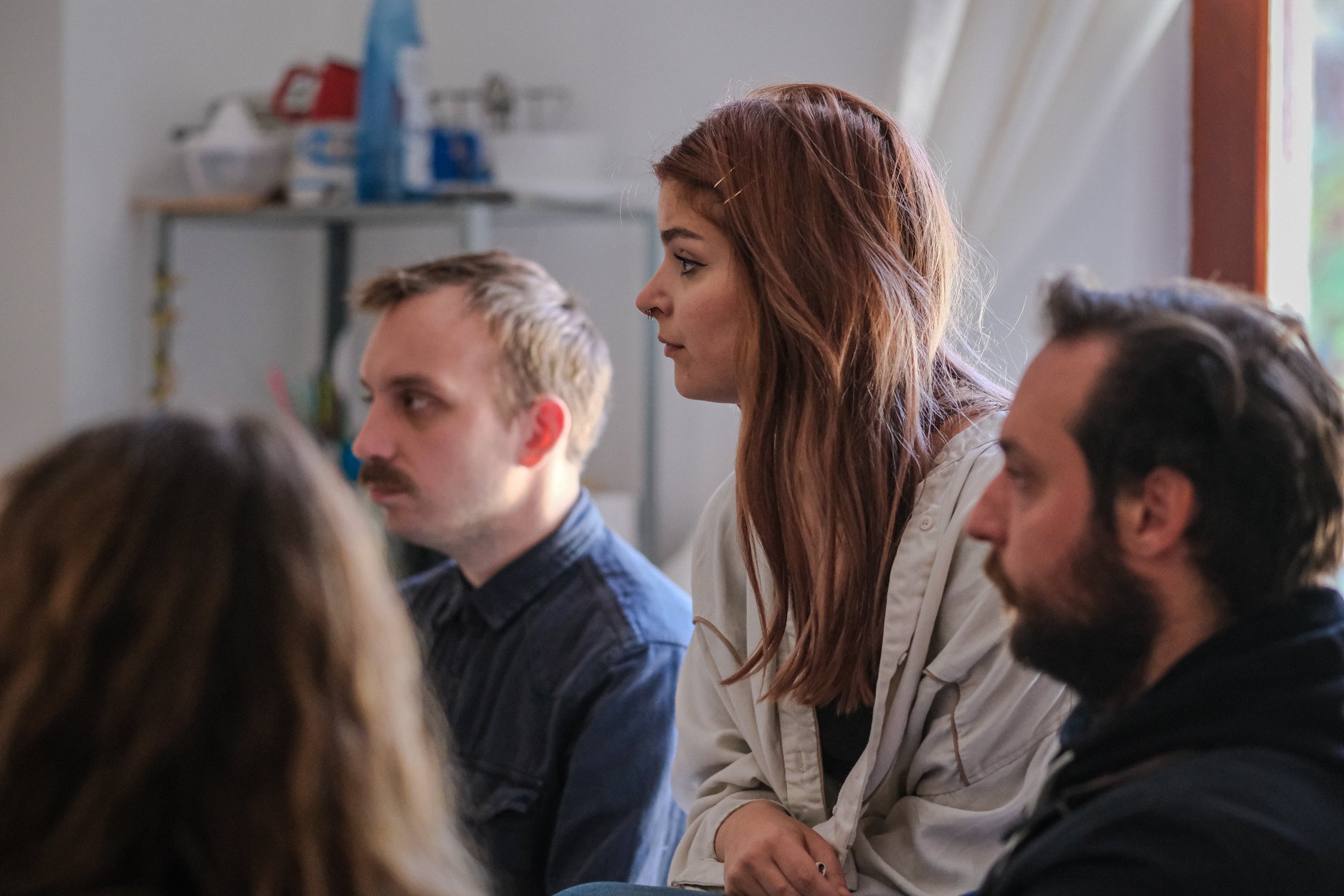
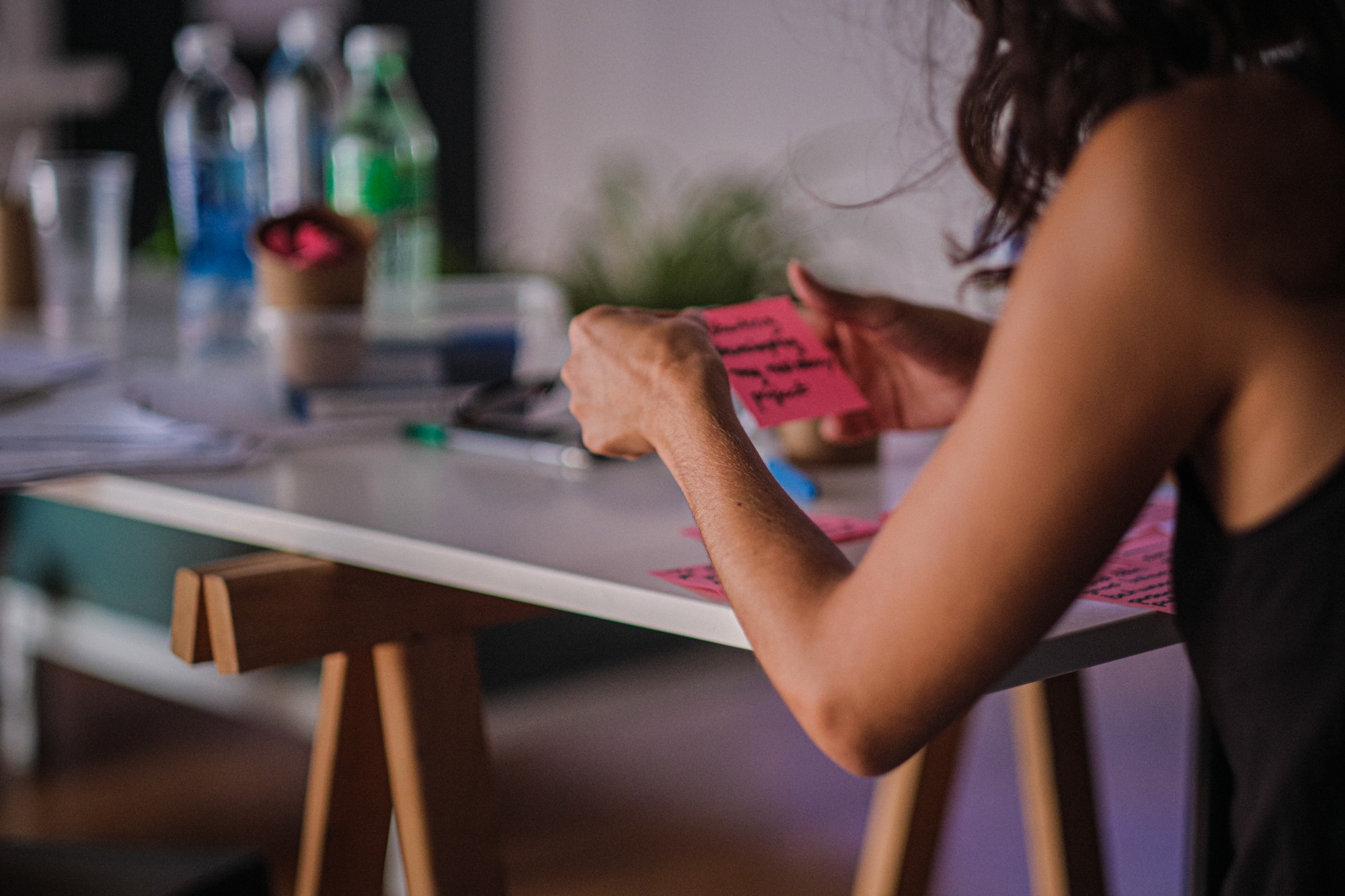
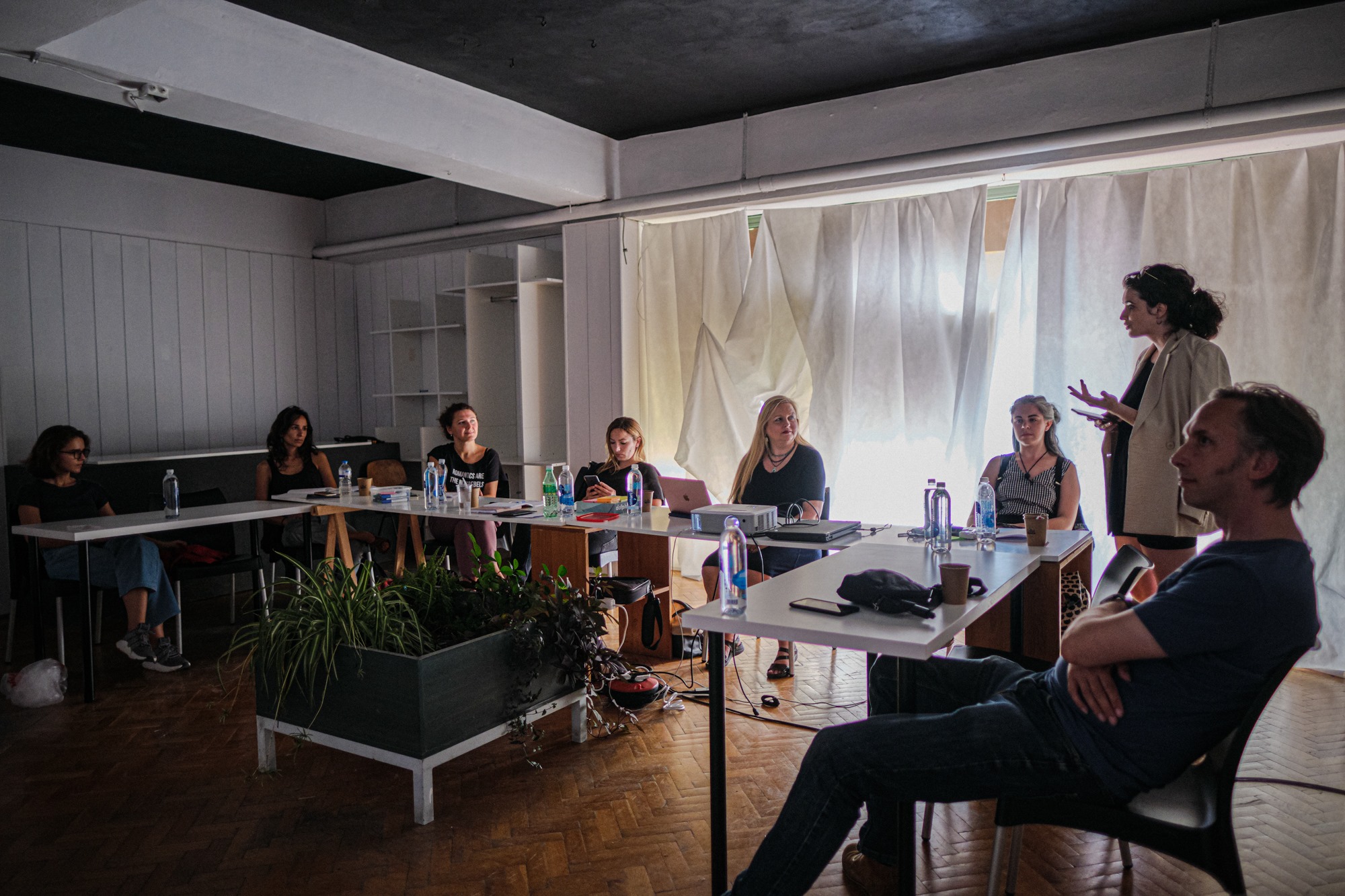
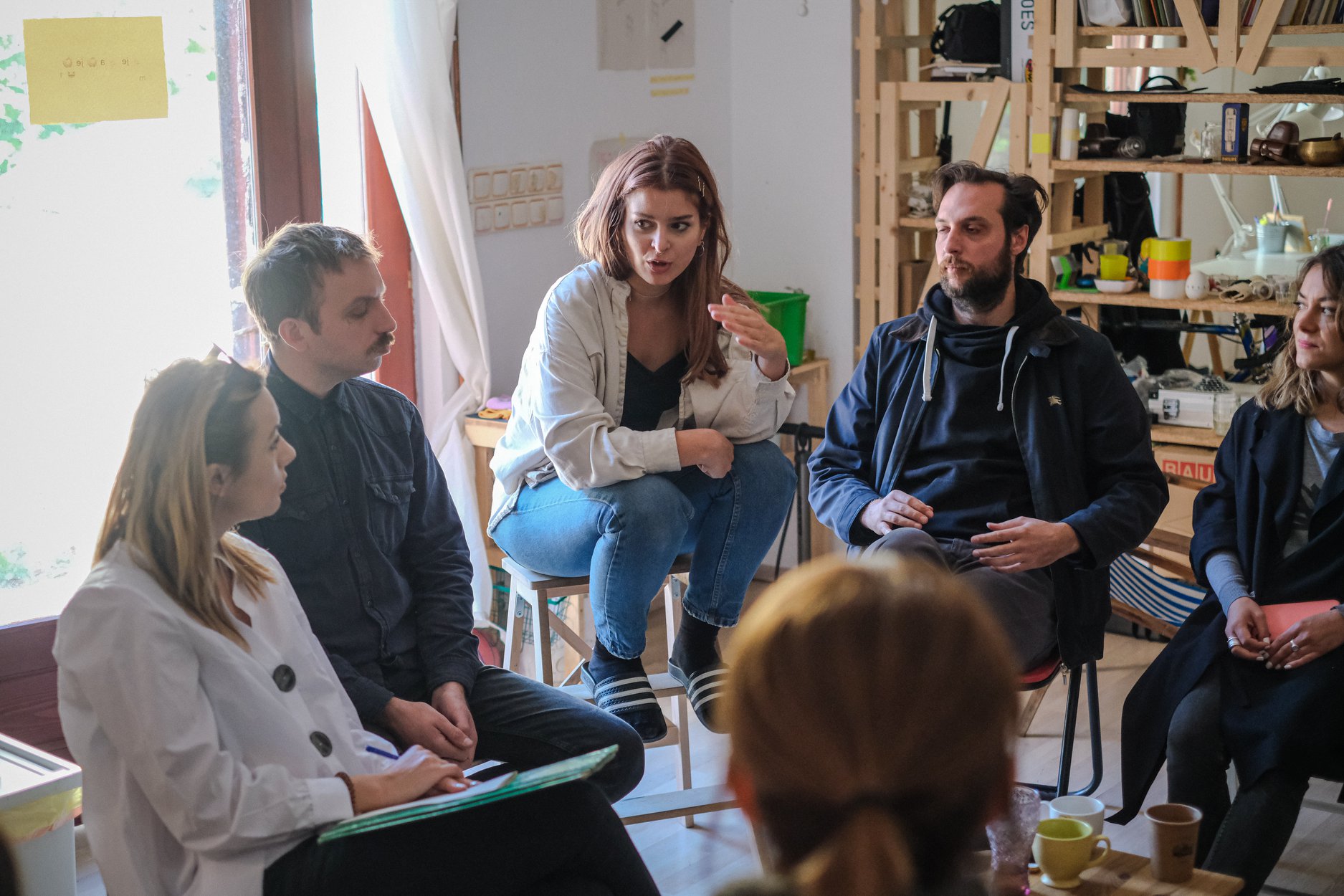
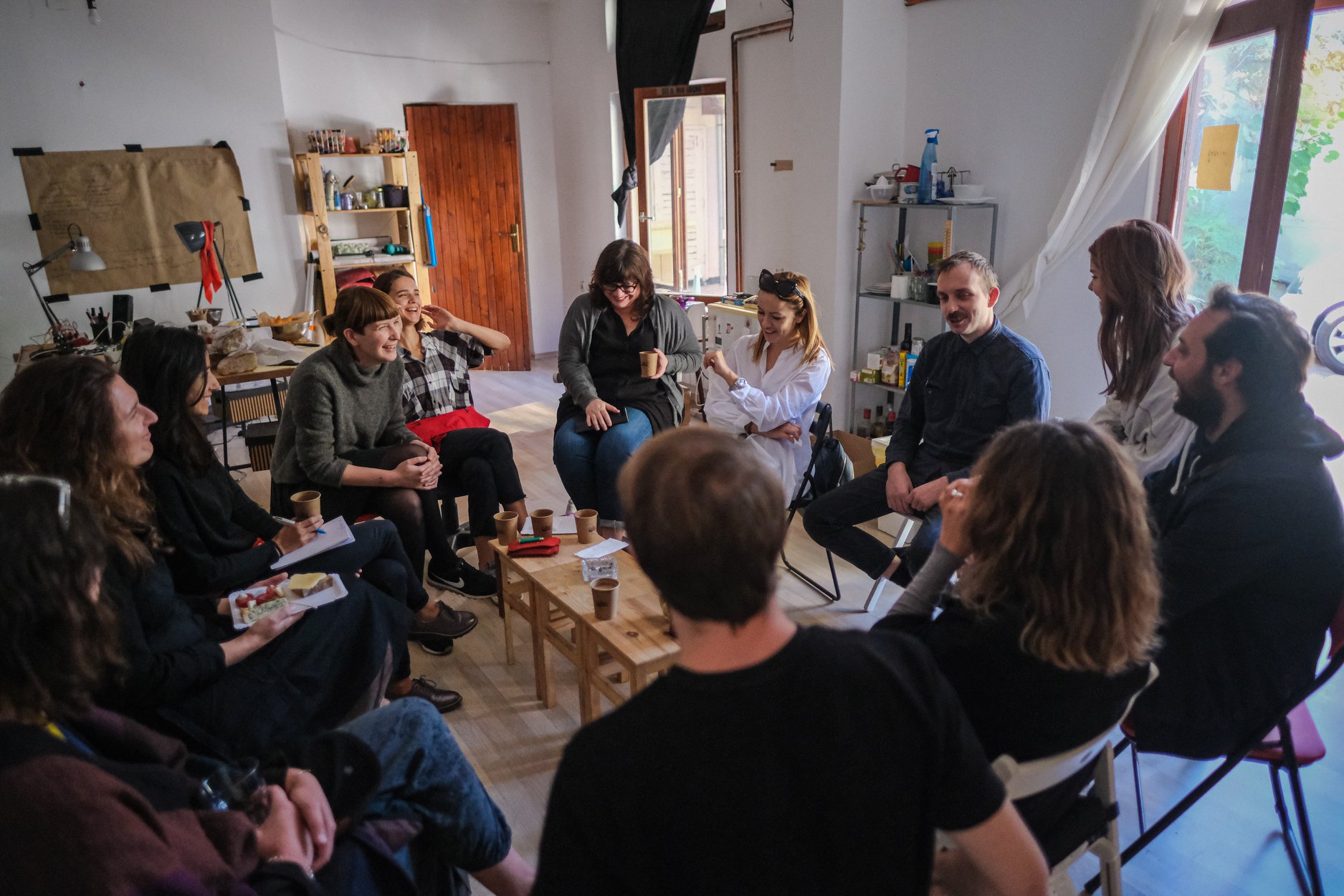
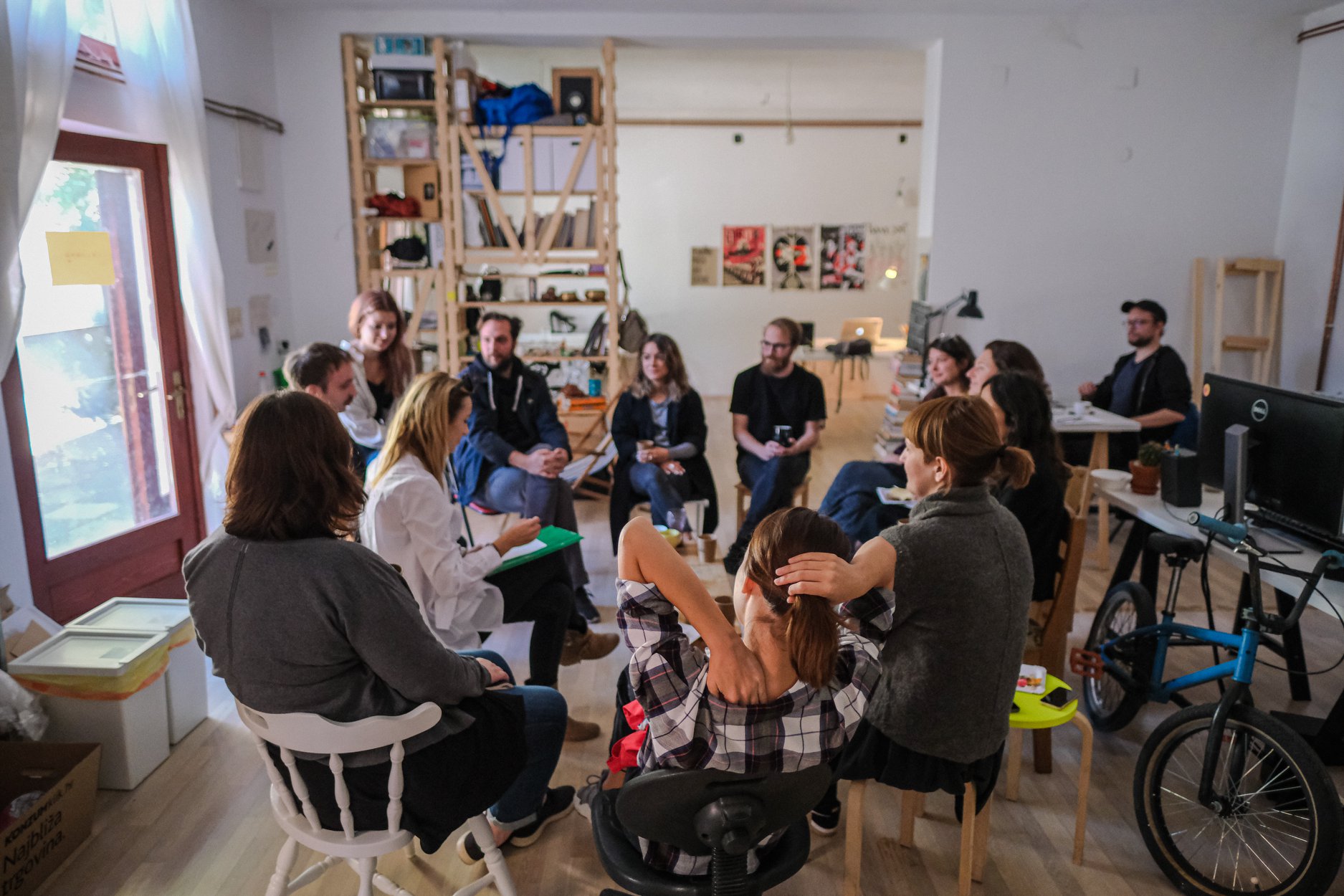
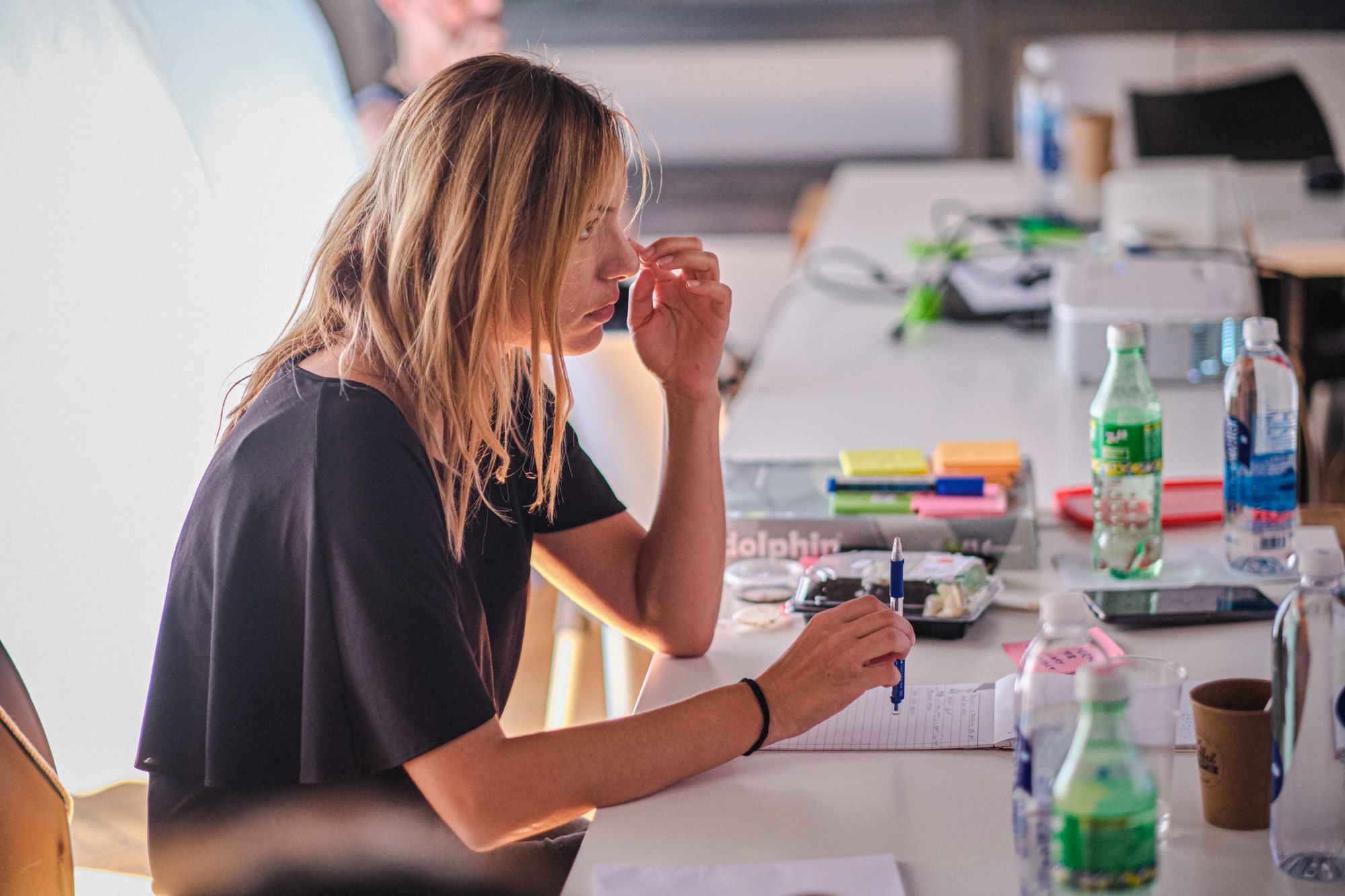
Recent Comments